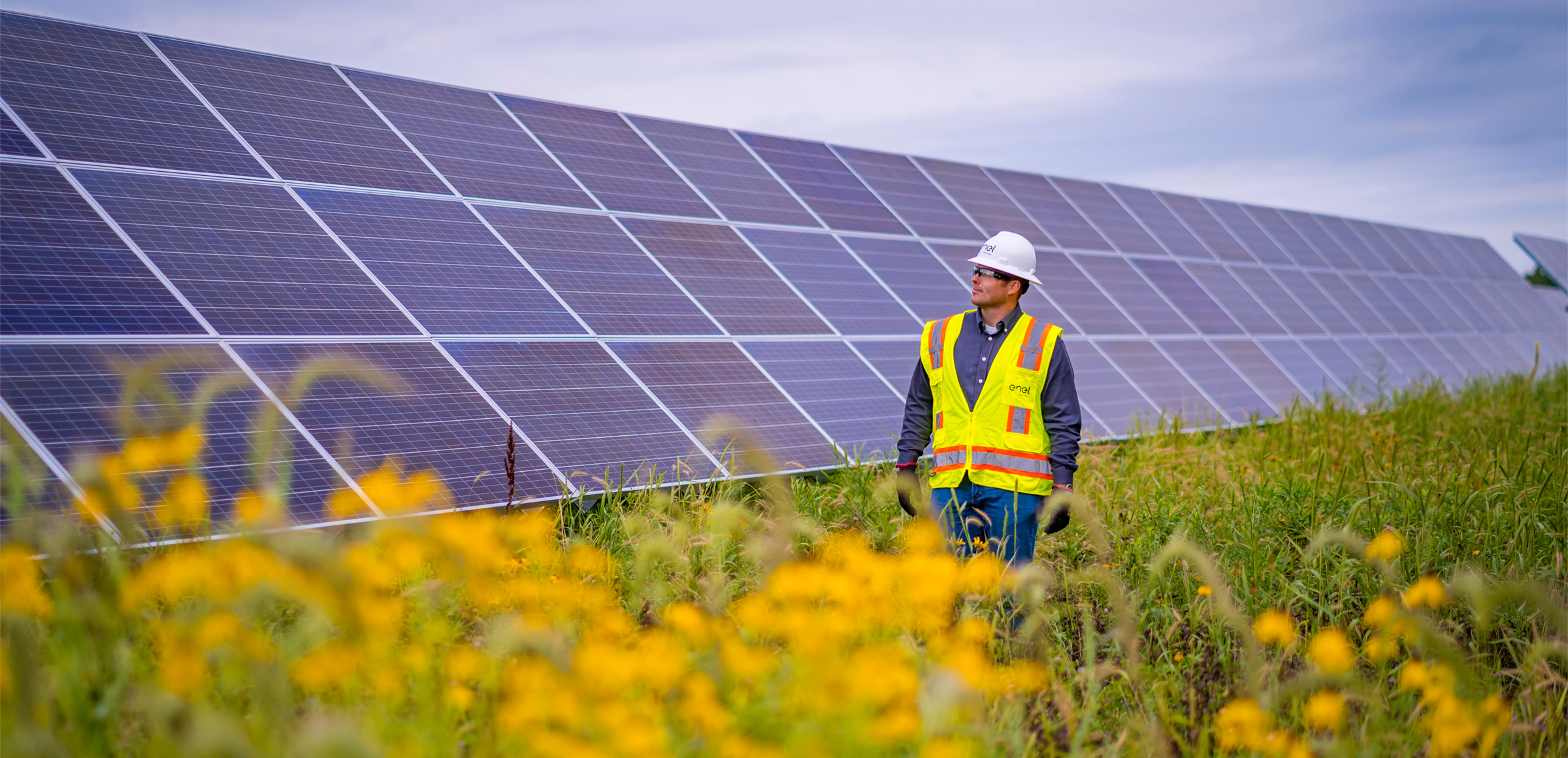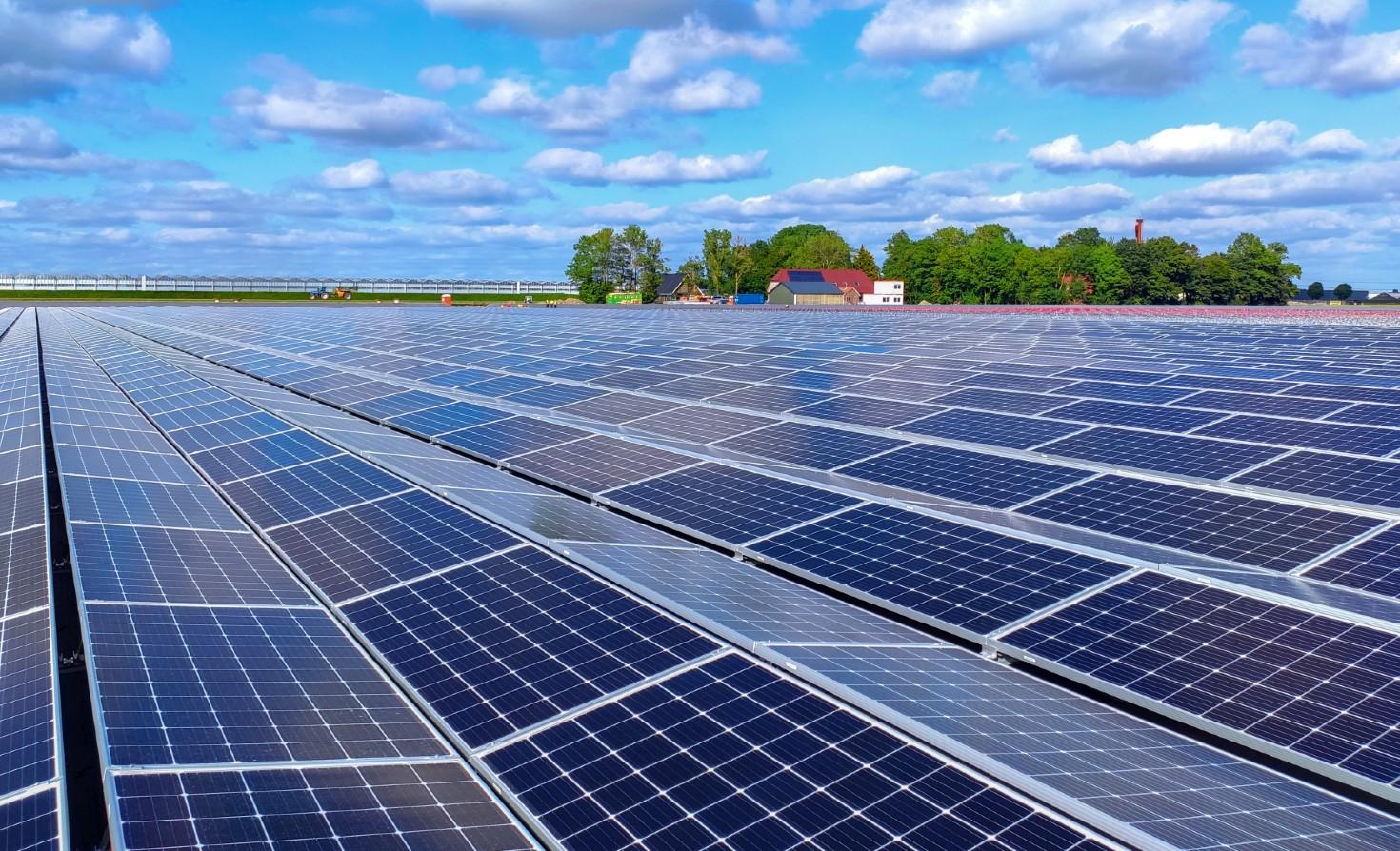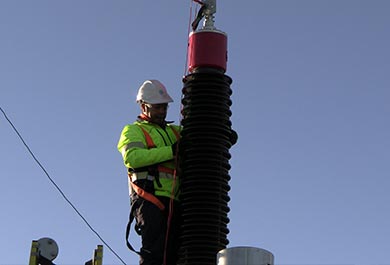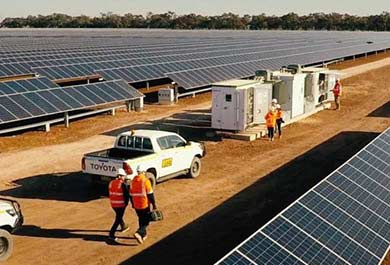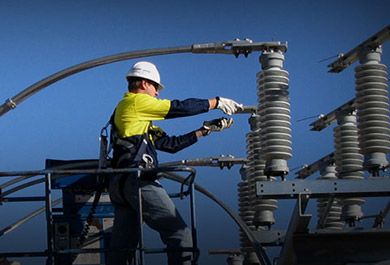As the world increasingly turns towards renewable energy sources, solar farms have emerged as an essential component in the transition to sustainable energy. These large-scale solar installations are capable of generating significant amounts of electricity, contributing to reduced carbon emissions and a cleaner environment. However, the journey from concept to operational solar farm involves several critical stages, each requiring meticulous planning and execution.
Solar farm commissioning encompasses the initial design, ongoing service, and region-specific considerations such as those in New South Wales (NSW). This comprehensive guide explores these elements in detail, highlighting their importance in ensuring the efficiency, reliability, and economic viability of solar farm projects.
Solar Farm Design
The design phase is the foundation of any successful solar farm project. Effective solar farm design encompasses several critical elements: site selection, layout planning, technology selection, and financial modeling. Each aspect plays a crucial role in ensuring the efficiency, reliability, and economic viability of the solar farm.
Site Selection:
Identifying the right location is paramount. Factors such as solar irradiance, land availability, proximity to the grid, and environmental impact assessments are crucial. A site with high solar exposure and minimal shading will maximize energy production. Additionally, proximity to existing electrical infrastructure can reduce connection costs and losses.
Layout Planning:
Once the site is selected, the next step is to plan the layout. This includes the arrangement of solar panels, inverters, and other essential components. The goal is to optimize space and maximize energy capture while minimizing shading and losses. Advanced software tools are often employed to simulate different layouts and their impact on energy yield.
Technology Selection:
Choosing the right technology is vital. This includes selecting the type of solar panels (monocrystalline, polycrystalline, thin-film), inverters (central, string, micro), and mounting systems (fixed tilt, tracking systems). Each choice has implications for efficiency, cost, and maintenance requirements.
Financial Modeling:
A robust financial model is essential to determine the project's economic feasibility. This includes calculating initial capital expenditure, operation and maintenance costs, projected energy yields, and potential revenue from selling electricity. Financial incentives, such as government grants and feed-in tariffs, are also considered.
Solar Farm Service
Once the design is finalized and the solar farm is constructed, ongoing service and maintenance are critical to ensure optimal performance. Solar farm services encompass a wide range of activities aimed at maintaining efficiency, addressing technical issues, and ensuring compliance with regulatory standards.
Regular Maintenance:
This includes routine inspections, cleaning of solar panels, and checking for any damage or wear. Dust, dirt, and bird droppings can significantly reduce the efficiency of solar panels. Regular cleaning ensures maximum sunlight absorption and energy production.
Regular Maintenance:
This includes routine inspections, cleaning of solar panels, and checking for any damage or wear. Dust, dirt, and bird droppings can significantly reduce the efficiency of solar panels. Regular cleaning ensures maximum sunlight absorption and energy production.
Monitoring and Diagnostics:
Advanced monitoring systems are employed to track the performance of the solar farm in real time. These systems can detect anomalies, such as drops in energy output or equipment failures, allowing for prompt corrective action. Remote diagnostics can also identify potential issues before they escalate, minimizing downtime.
Repairs and Replacements:
Over time, components may fail or degrade. Solar farm service includes timely repairs and replacements of faulty parts, such as inverters, wiring, and panels. This ensures that the solar farm continues to operate at peak efficiency.
Repairs and Replacements:
Over time, components may fail or degrade. Solar farm service includes timely repairs and replacements of faulty parts, such as inverters, wiring, and panels. This ensures that the solar farm continues to operate at peak efficiency.
Compliance and Reporting:
Solar farms must comply with various regulatory standards and reporting requirements. Regular audits and inspections ensure adherence to these standards, avoiding penalties and ensuring long-term operational viability.
Solar Farm NSW
New South Wales (NSW) in Australia is emerging as a key player in the solar energy sector. The state's favorable climate, supportive policies, and growing investment make it an attractive location for solar farm development.
Favorable Climate:
NSW benefits from high solar irradiance levels, particularly in regions like the Riverina and Central West. This makes the state an ideal location for solar farms, as higher irradiance translates to greater energy production.
Supportive Policies:
The NSW government has implemented several policies to encourage renewable energy development. These include grants, tax incentives, and streamlined approval processes for solar farm projects. The NSW Renewable Energy Action Plan aims to increase the share of renewable energy in the state's energy mix, further driving solar farm investments.
Growing Investment:
There is significant interest from both domestic and international investors in NSW's solar sector. Large-scale projects, such as the Suntop Solar Farm and the Limondale Solar Farm, demonstrate the region's potential and the confidence of investors in its renewable energy future.
Community Benefits:
Solar farms in NSW not only contribute to the state's renewable energy goals but also provide local economic benefits. These include job creation during the construction and operational phases, as well as lease payments to landowners hosting solar farms.
Conclusion
Solar farm commissioning is a multifaceted process that requires careful planning, execution, and ongoing maintenance. From the initial design phase through to regular servicing, each step is crucial to the success of the project. In regions like NSW, with their favorable conditions and supportive policies, solar farms are set to play a significant role in the transition to a sustainable energy future. By focusing on efficient design, robust servicing, and leveraging local advantages, solar farms can achieve their full potential and contribute to a greener planet.




